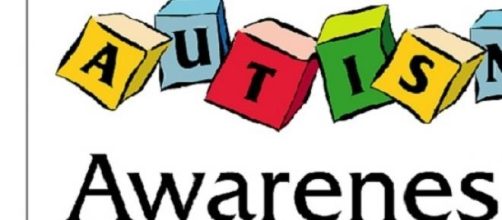A British study by scientists at King's College London, based on evidence from a population-based sample, determined that Autism spectrum disorder (ASD) can be mainly linked to genetics, with their findings suggesting that this may be true in up to 98% of all cases. That seems to be at odds with much of our modern thinking, whereby air pollution has commonly been put forward as a likely cause, in addition to other environmental factors. The results were published online last week in JAMA Psychiatry, a monthly, medical journal produced by the American Medical Association.
Their sample involved the participation of more than 6,000 twins who demonstrated various traits relating to autism, who had been born between the years of 1994 and 1996 either in England or Wales. The twins were subjected to a number of evaluations:
-
The Childhood Autism Spectrum Test (involving 6,423 twins)
-
the Development and Well-being Assessment (359)
-
the Autism Diagnostic Observation Schedule (203)
-
the Autism Diagnostic Interview-Revised (205)
-
a best-estimate diagnosis (207)
Throughout all of them, there appeared to be a consistency in the results.
The main author, Beata Tick commented that:
"Our main finding was that the heritability of ASD was high.
These results further demonstrate the importance of genetic effects on ASD, despite the dramatic increase in prevalence of the disorder over the last 20 years."
Tick also confirmed that genetic factors were associated with various autistic skills and behaviours throughout the population in general.
Across all ASD measures, the findings indicated that heritability estimates were noticeably increased in identical twins, as compared to fraternal twins, with the figures ranging between 56 and 95%. Environmental influences were also identified though.
Linking autism to genetics is not a new consideration, but scientists have previously considered the impact of the environment, especially as the disorder seemed to be on the increase among US children, with other suggestions that put forward vaccinations having been dismissed (or at least extremely rare).
US government scientists' latest data from 2010 suggested that diagnoses had increased dramatically to one in 68 children from just one in 150 in 2000. The 'true' increase may not have been quite that marked though, as the figures may well have simply been an indication of better diagnostics or other factors yet to be studied.
ASD is commonly categorised by social deficits and communication difficulties, stereotyped or repetitive behaviours and interests, sensory issues, and sometimes cognitive delays. Repetitively stacking objects is one behaviour that has been linked to autism, for example.

